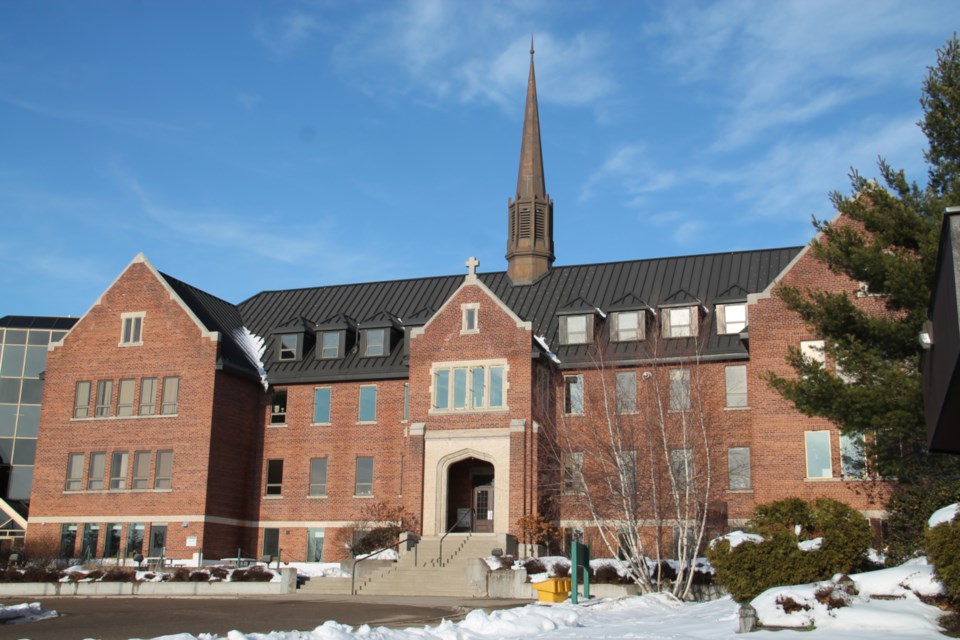Researching your ancestors can be time-consuming and daunting but here are some steps on where to start looking.
Digital archives technician Jenna Lemay shared a few tips during a webinar held by the Shingwauk Residential Schools Centre (SRSC). The full recorded video will be available on the SRSC's Facebook and Youtube pages.
Here are some steps suggested by Lemay.
Getting started
-
Talk to family members to find out what they know about your family history, make sure you take notes and keep track of your sources.
-
Ask for names (both English and Indigenous if known), dates (a range or an estimate), community/region (where did they come from, where did they live, band membership, their tribe/nation/clans), residential school/day school (whether they attended, when and where).
-
Search for oral history: families often have stories about where they came from about a famous ancestor or individual people. Knowing a traditional language may help with understanding names and their variations or changes. Knowing the history of the area is also helpful: when was the reserve or community created, what treaty covers the area, were there any nearby missions and if so, what denomination?
Where to search
-
Canadian census was recorded every 10 years and every five years starting from 1971. The census records are available for free through the Library and Archives Canada (LAC).
-
Membership-based websites such as Ancestry, FamilySearch and MyHeritage also have census records.
-
Vital records like birth, marriage and death records. They’re available for free through the Archives of Ontario.
Lemay said vital statistics records may not exist for various reasons and advised people to keep searching and not be discouraged if these records can’t be found. She also asked to keep in mind that names of people and locations often change and spellings can vary.
-
Church records. This is where history knowledge about local missions and churches comes in handy. Anglican records are centrally organized by the Synod Archives. Many records for the Algoma region can be accessed for free at the SRSC. Catholic records are harder to find but knowing which churches were in the area can help who to contact.
-
Residential school records may be harder to find. The National Centre for Truth and Reconciliation has all the records collected as part of the TRC. The LAC has many digitized records but they're not indexed.
-
Treaty Annuity Paylists are accessible through LAC. The records are released to the public after 100 years, so annuity lists from 1921 should be available this year, according to Lemay. Some records are available online on Canadiana but only for certain treaties. Lemay said there is similar privacy around Treaty Annuity Paylists as with census and birth records.
Summary
Lemay suggested keeping track of your search process and your sources, learning as much as you can about local history, taking advantage of local archives and historians, making sure to treat oral history as a valid source and not giving up if the search isn't bringing results.
You can find Lemay’s guide with resources on how to research Indigenous ancestors here.
Watch how to search for residential school records below:
